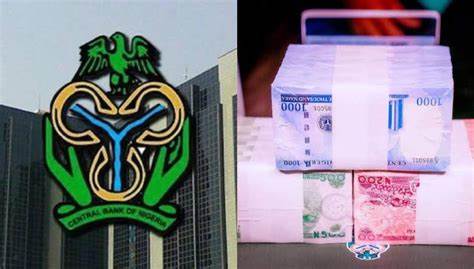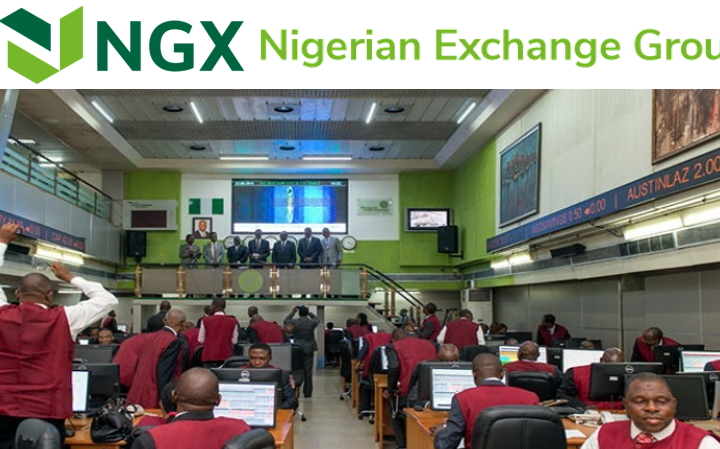Nigerian Banks Face Massive Fraud Losses in 2024
In a troubling revelation, Nigerian banks lost N42.6bn to fraud and forgeries in the second quarter of 2024, surpassing the total fraud losses of 2023 by a wide margin.
This sharp increase in fraudulent activities has raised concerns about the security of banking platforms in the country.
Join our WhatsApp ChannelThe Financial Institutions Training Centre (FITC), in its Q2 2024 Fraud and Forgeries report, highlighted the alarming rise in fraud-related cases, revealing that the N42.6bn lost between April and June 2024 dwarfs the N9.4bn lost throughout 2023.
According to the FITC report, “This represents an 8,993 percent increase compared to the N468.4m lost in the first quarter of 2024, and a 637 percent rise compared to Q2 2023, when losses amounted to N5.7bn.”
Types of Fraud Affecting Nigerian Banks
The report noted that various fraud types are contributing to the mounting losses. The most significant among these is ‘miscellaneous and other fraud’ types, which accounted for 96.46 percent of the total loss, equating to N41.14bn.
Fraudulent withdrawals and computer/web fraud followed, with reported losses of N781.2m and N400.7m, respectively.
FITC further reported a 1,784 percent increase in the total value of fraud cases from Q1 to Q2 2024, with the sum rising from N2.9bn to N56.3bn.
Fraudulent activities were conducted through several channels, including bank branches, ATMs, mobile banking, and point-of-sale terminals.
“Fraudulent activity using cheques and cash is also rising,” the report indicated. Cash-related fraud increased by 9.09 percent from Q1 to Q2 2024, while cheque-related fraud surged by 36.67 percent during the same period.
Experts suggest that this increase in cash fraud may be linked to the growing trend of ransom payments demanded by kidnappers in Nigeria.
Impact of Fraud on Nigerian Banks
The loss through bank branch-related channels experienced a sharp 31,497 percent jump, from N133.9m in Q1 to N42.2bn in Q2. This dramatic rise in fraud at bank branches underscores the need for stronger internal control measures.
READ ALSO: 20 Nigerian Banks And Their Sort Codes
Computer and web-based frauds also rose significantly, with losses increasing from N24m in Q1 to N400.8m in Q2 2024, marking a 1,560 percent increase. However, mobile fraud saw a decline, with the amount lost dropping by 59 percent from N216.4m in Q1 to N88.7m in Q2.
An expert at FITC commented on the data: “The sheer volume and scale of fraud losses at Nigerian banks are alarming. It reflects the vulnerabilities in the system, and banks must take urgent action to strengthen their security.”
Calls for Improved Security Measures
The FITC report urged Nigerian banks to adopt more robust security protocols to address this rise in fraud. One of the key recommendations is the implementation of AI-driven tools that can detect suspicious activity.
These tools could help flag unusual patterns or transactions, enabling banks to act quickly.
The Centre also suggested that banks conduct regular unannounced audits, focusing on settlement processes.
This would help identify and address any anomalies before they escalate into larger issues. In particular, FITC highlighted the need for banks to tighten access controls.
“Access to sensitive settlement files should be restricted to a small group of authorized personnel who undergo regular training on security protocols,” the FITC stated. “Banks can also reduce the risk of unauthorized access by implementing multi-factor authentication and role-based access controls.”
The Future for Nigerian Banks
The unprecedented losses in Q2 2024 underscore the urgency for Nigerian banks to act swiftly and decisively. The rise in fraud, particularly through bank branch channels, is a red flag that requires immediate attention.
As FITC noted, “Without strong and proactive measures, Nigerian banks could see even greater losses in the coming months.”
Experts agree that implementing cutting-edge technology, such as AI monitoring tools, and conducting thorough audits could go a long way in reducing fraud. “It’s time for Nigerian banks to make security their top priority,” one banking security consultant stated. “Otherwise, the situation could worsen, putting both customers and institutions at greater risk.”
The future of Nigerian banks depends on how quickly and effectively they can respond to this rising threat, ensuring that their systems are secure and that fraudulent activities are swiftly detected and addressed.
Emmanuel Ochayi is a journalist. He is a graduate of the University of Lagos, School of first choice and the nations pride. Emmanuel is keen on exploring writing angles in different areas, including Business, climate change, politics, Education, and others.


















